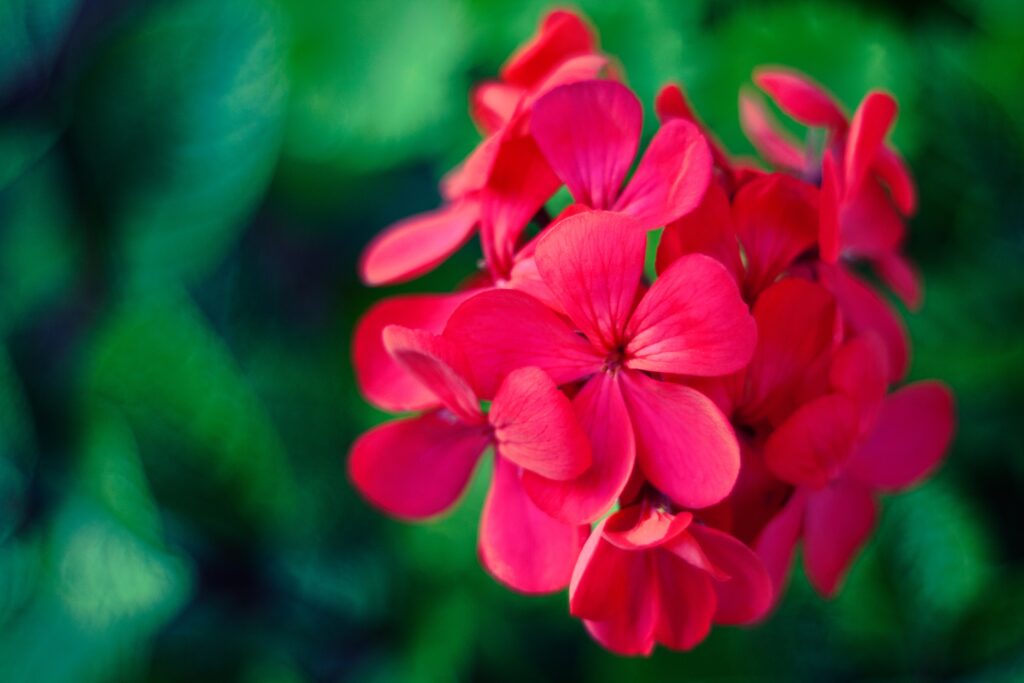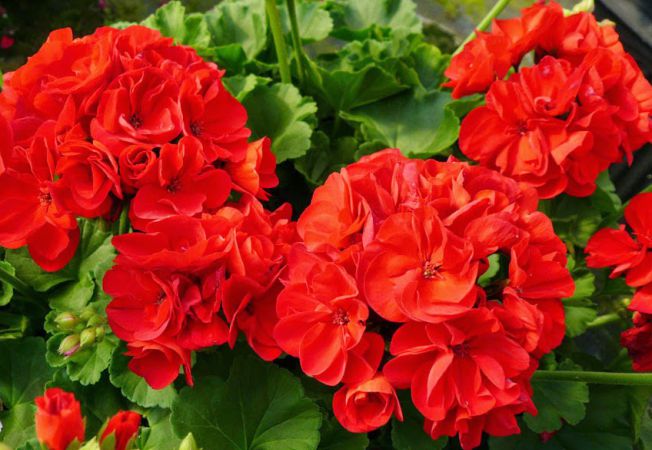Muscata flowers, also known as geraniums (Pelargonium spp.), are not just vibrant garden additions — they’ve been valued for centuries for their medicinal properties. Native to South Africa but cultivated worldwide, Muscata flowers are often used in herbal remedies, essential oils, and even teas.
In this post, we’ll explore the health benefits they offer, as well as precautions you should take before consuming or using them.
🌸 Health Benefits of Muscata Flowers
1. Anti-Inflammatory Properties
Muscata contains compounds like flavonoids and tannins, which can help reduce inflammation. Topical applications of geranium oil have been used to alleviate skin conditions such as eczema, acne, and dermatitis.
2. Antibacterial and Antifungal Effects
Geranium oil extracted from Muscata flowers is known for its antimicrobial properties. It can help inhibit the growth of bacteria and fungi, making it useful for wound care and preventing infections.
3. Natural Mood Enhancer
The floral scent of Muscata is used in aromatherapy to reduce stress, anxiety, and fatigue. Its uplifting aroma may help balance emotions and support mental clarity.
4. Supports Skin Health
Due to its astringent and antioxidant properties, Muscata extract is often found in skincare products. It can help tighten skin, minimize the appearance of wrinkles, and promote a healthy, radiant complexion.
5. Aids in Digestive Health (When Used as Tea)
Some traditional practices use Muscata flower tea to soothe digestive issues, such as bloating or mild stomach cramps. It is believed to help relax intestinal muscles and improve gut function.
⚠️ Contraindications and Precautions
Despite its many benefits, Muscata isn’t for everyone. Here are some important safety considerations before consuming or applying Muscata-derived products:
1. Allergic Reactions
Some people may experience skin irritation or allergic reactions when using Muscata essential oil or extracts. Always perform a patch test before applying it to a larger area.
2. Not Recommended During Pregnancy or Breastfeeding
The safety of Muscata consumption or topical use during pregnancy and breastfeeding has not been well studied. It’s best to avoid it during these times unless advised otherwise by a healthcare provider.
3. Interactions with Medications
Muscata extract may interfere with blood pressure medications or blood thinners due to its vasodilating and anticoagulant properties. Consult your doctor before using it if you are on medication.
4. Internal Use Should Be Cautious
While Muscata tea or infusions are used traditionally, ingesting large amounts or concentrated extracts may lead to nausea, dizziness, or kidney irritation. Stick to mild doses and avoid long-term use without medical supervision.
5. Not for Children Under 6 Years Old
Due to potential sensitivity and lack of clinical data, it’s not recommended to give Muscata internally to young children.
🌿 How to Use Muscata Safely
- Tea: Use dried petals (free from pesticides) steeped in hot water for 5–7 minutes. Start with a weak infusion.
- Essential Oil: Dilute with a carrier oil (like coconut or jojoba) before applying to the skin.
- Inhalation: Add a few drops of geranium oil to a diffuser for mood support.
- Cosmetics: Choose tested formulations that include Muscata extract for skincare use.

Muscata flowers are more than just a feast for the eyes — they offer a range of natural health benefits that support the skin, mind, and body. However, as with any herbal remedy, moderation and proper guidance are essential. Always consult with a qualified healthcare practitioner before introducing Muscata-based products into your health routine, especially if you have underlying conditions or are taking medication.
Have you tried Muscata flower essential oil?
Let us know your experience in the comments below! 🌺

